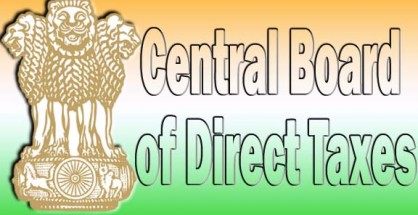The income tax department gave a surprise to all payers of TDS by making an announcement that now department will pay interest on delayed TDS deduction refund and will also not lawsuit with the deductor on this issue in the future.

The Central Board of Direct Taxes (CBDT) has given instructions about this to officers of the Income tax department. This directions are ordered by the Supreme Court, where it had made clear in 2014 that the taxman is “bound” to pay interest on refund made under the TDS category.
CBDT said on Tuesday, “In view of the judgement of the apex court it is settled that if a resident deductor is entitled for the refund of tax deposited under Section 195 (other sums) of the Act (Income Tax Act), then it has to be refunded with interest under section 244A (where refund of any amount a becomes due to the assessee they shall be entitled to receive simple interest), from the date of payment of such tax.”

CBDT has also ordered to I-T department, “accordingly, it is advised that no appeals may henceforth be filed on this ground by the officers of the department and appeals already filed on this issue may not be pressed upon.”
An income tax department officer said in his statement, “While the tax department duly gives interest in case an individual’s refund is delayed, there was some grey area in the TDS category. This has been settled now. This is yet another area where the taxman is cutting down on litigation.”
The Supreme Court has said in the 2014, “The government, there being no express statutory provisions for payment of interest on the refund of excess amount/tax collected by the Revenue cannot shrug of its apparent obligation to reimburse the deductors lawful monies with the accrued interest for the period of undue retention of such monies.”
“The state having received the money without right and having retained and used it, is bound to make the party good, just as an individual would be under like circumstances. The obligation to refund money received and retained without right implies and carried with it the right to interest,” the apex court had said in the 2014 order.”








